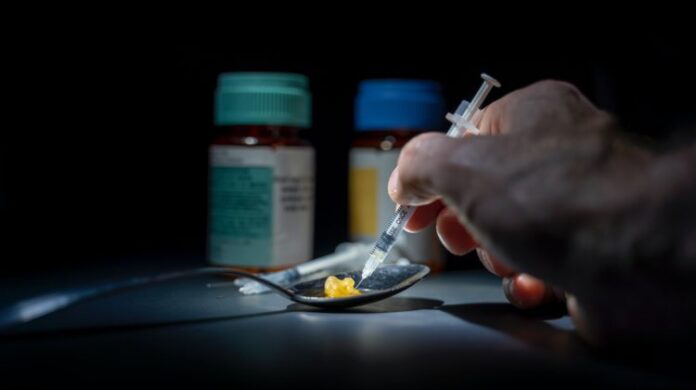BC government officials say the total number of deaths equates to about 6.4 lives lost per day.
According to a statement issued by the province on Thursday, at least 198 deaths were reported to the BC Coroners Service in January, suspected to be caused by toxic, unregulated drugs.
The coroner service reports that about seven out of every 10 deaths in January were between the ages of 30 and 59, and more than three-quarters were male.
The province-wide death rate in January was about 42 per 100,000 residents. No area of the province has been spared the impacts of the toxic drug crisis, but the regions that saw the highest rates of deaths in January were the Northern Interior, North Vancouver Island, Central Vancouver Island, Vancouver, and Northeast.
The province said the province-wide death rate is 14 percent lower than the number of deaths reported in January 2023 and 10 percent lower than the death toll in December 2023. However, it is still over two times higher than what was reported when the province declared a public health emergency in 2016.
Unregulated drug toxicity is the leading cause of death in British Columbia for people aged 10 to 59, accounting for more deaths than homicides, suicides, accidents, and natural diseases combined.
The lives of at least 14,024 British Columbians have been lost to unregulated drugs since April 2016.
BC government officials say that there’s no indication that prescribed safer supply programs are contributing to unregulated drug deaths, adding that in 2023, hydromorphone was detected in 3 percent of unregulated drug deaths that have undergone expedited toxicology testing.
BC’s Minister of Mental Health and Addictions, Jennifer Whiteside, said that the province remains dedicated to finding appropriate solutions to help support mental health and addiction services.
“I understand the pain and the urgency of this crisis. It touches every corner of our province, affecting people from all walks of life. Our government is dedicated to building a system of care that offers support when and where it is needed most. We will continue our efforts to bolster mental health and addiction services, from early intervention and prevention to treatment and supportive recovery.”
You can read the BC Coroners Service’s full report here.




